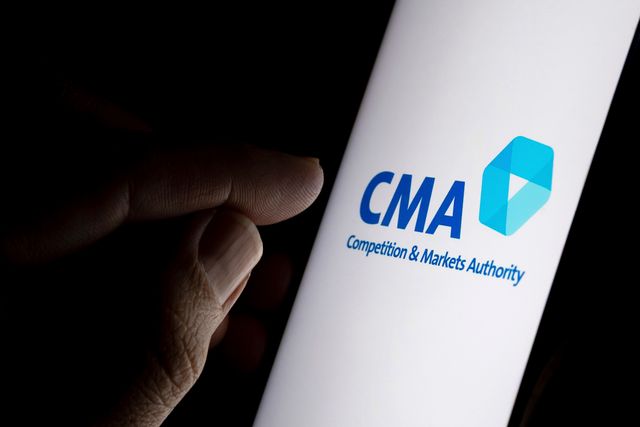We commented last month that half of the UK Competition and Markets Authority’s (CMA) current Phase 2 caseload relates to transactions in the software space, where the CMA has shown itself to be more interventionist than other authorities. Yesterday, the CMA issued an unwinding order on one transaction (Dye & Durham / TM Group) and – provisionally - cleared unconditionally another (NortonLifeLock / Avast).
Dye & Durham, a leading real estate technology and software provider in the UK, had acquired rival TM Group for £91.5m in July 2021 and opted not to notify the CMA of the transaction. Shortly thereafter, the CMA issued an initial enforcement order (IEO) requiring the companies to remain independent, and it opened an investigation into the transaction in October 2021. Identifying serious concerns in the supply of property search reports for UK transactions, the CMA opened an in-depth Phase 2 assessment and concluded that the acquisition would substantially lessen competition, resulting in only two other large national suppliers in the market. It rejected Dye & Durham’s offer of a partial divestiture and instead ordered a full divestiture of TM Group.
After receiving unconditional Phase 1 approvals in the US, Germany and Spain, the CMA in April 2022 became the only major competition authority to refer NortonLifeLock’s $8bn acquisition of Avast for an in-depth Phase 2 investigation. In spite of the parties’ differentiated offering (with NortonLifeLock focusing on paid-for solutions and Avast on “freemium” solutions), and the competitive constraints posed both by Microsoft (the largest provider by volume) and other OS providers such as Apple and Google, the CMA initially concluded that these were insufficient to offset the loss of competition. Following its in-depth probe, the CMA has now provisionally concluded that the deal does not raise competition concerns in the UK, on account of the rapidly evolving market as well as constraints from a number of suppliers, including Microsoft.
These Phase 2 investigations highlight the risks of not notifying the CMA of software deals. Parties should conduct a detailed pre-transaction assessment of the antitrust (and FDI) risk associated with the deal, including the sensitivity of the software involved, when deciding whether to notify the CMA and the implications for deal timelines and obligations in deal documents. And if parties proceed with completion despite material risk, they should consider the cost of reversing any integration undertaken.
Stay Up To Date with Ropes & Gray
Ropes & Gray attorneys provide timely analysis on legal developments, court decisions and changes in legislation and regulations.
Stay in the loop with all things Ropes & Gray, and find out more about our people, culture, initiatives and everything that’s happening.
We regularly notify our clients and contacts of significant legal developments, news, webinars and teleconferences that affect their industries.

